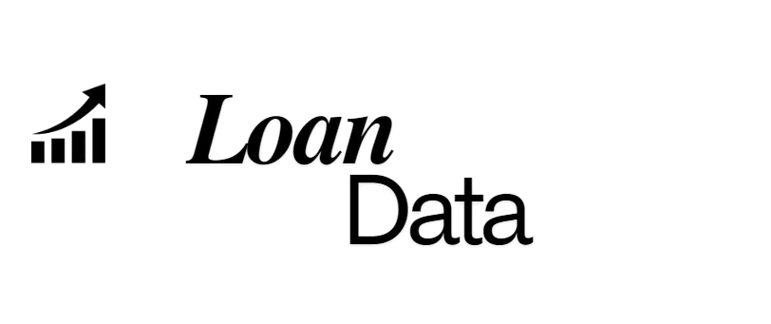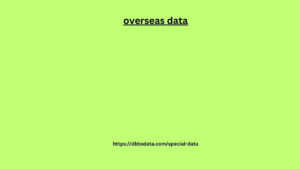Next week sees the UN’s High-Level Political Forum (HLPF) meeting in New
York to review progress on the SDGs, mid-way through the 2030 Agenda. In a powerful statement ”
Rescuing and integrating the Global Agenda: Harnessing Science and Technology more effectively”, the Fellows of the International
Science Council (ISC) call for urgent, transformational and integrative action, and an end to political rhetoric and reticence.
ISC members will know
that science in all its forms plays a vital role in supporting the ambitious but crucial 2030 Agenda for Sustainable Development. They will also probably know that this Agenda – and the 17 Sustainable Development Goals (SDGs) that underpin it – is far from on track; the global pandemic, wars, environmental crises and economic crashes in recent years have exacerbated the lack of progress. The world is at a critical juncture where politica overseas data l will and collective effort are imperative if we are to build a resilient, just and sustainable future.
In the first initiative
Through the exchange of impactful chatbots for lead generation increase customer engagement stories, mutual learning, and inspiring one another, we empower ourselves to take proactive action and hold decision-makers and business communities accountable.”
Position paper for the 2023 High-Level Political Forum, prepared by the ISC Fellows.
Released today, the statement builds on Scientific and Technological Community Major Group statements that have been prepared with the ISC and the World Federation of Engineering Organizations (WFEO) Members in bulk data previous years, and will be presented to the HLPF 2023 at a Special Event on SDG Synergies held on 16 July by the Chair of the Fellows’ Writing Group, Nebojsa Nakicenovic (“Naki”).
As Naki states,
“Recognized for our commitment to bringing science to society, the
ISC Fellows have rallied together to chart actionable and impactful paths for revitalizing the 2030 Agenda.
We emphasize the urgent need to integrate SDGs and global
frameworks, foster inclusivity and capacity-building, and strengthen the science-policy-society
interface across all levels. This calls for transformative approaches to accessing, funding, and producing knowledge –
business-as-usual is not an option as we must secure a sustainable future for all.“
Maria Ivanova,
member of the Fellows’ Writing Group, adds: “In our statement,
we have endeavored to balance the stark realities of the profound and increasing challenges humanity
faces with the hope and the potential for transformative
collaboration. Typically, those most impacted by the rapidly changing world have
limited capacity to navigate change, and building their resilience is crucial.

